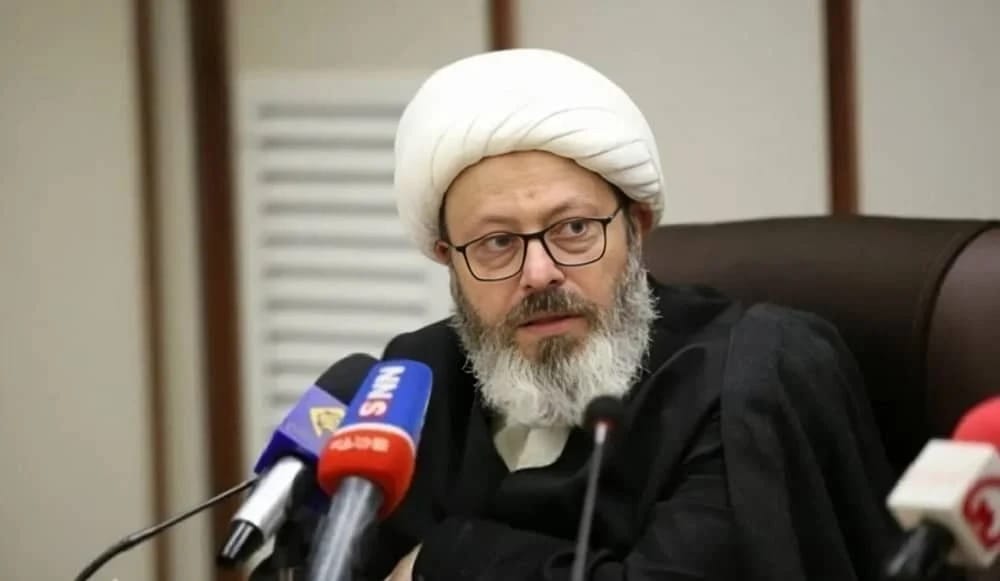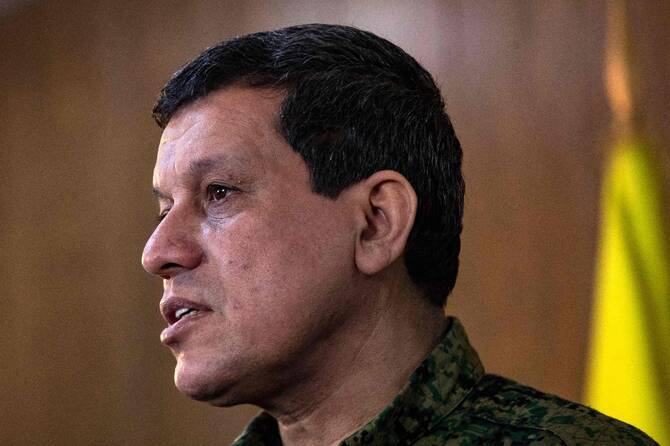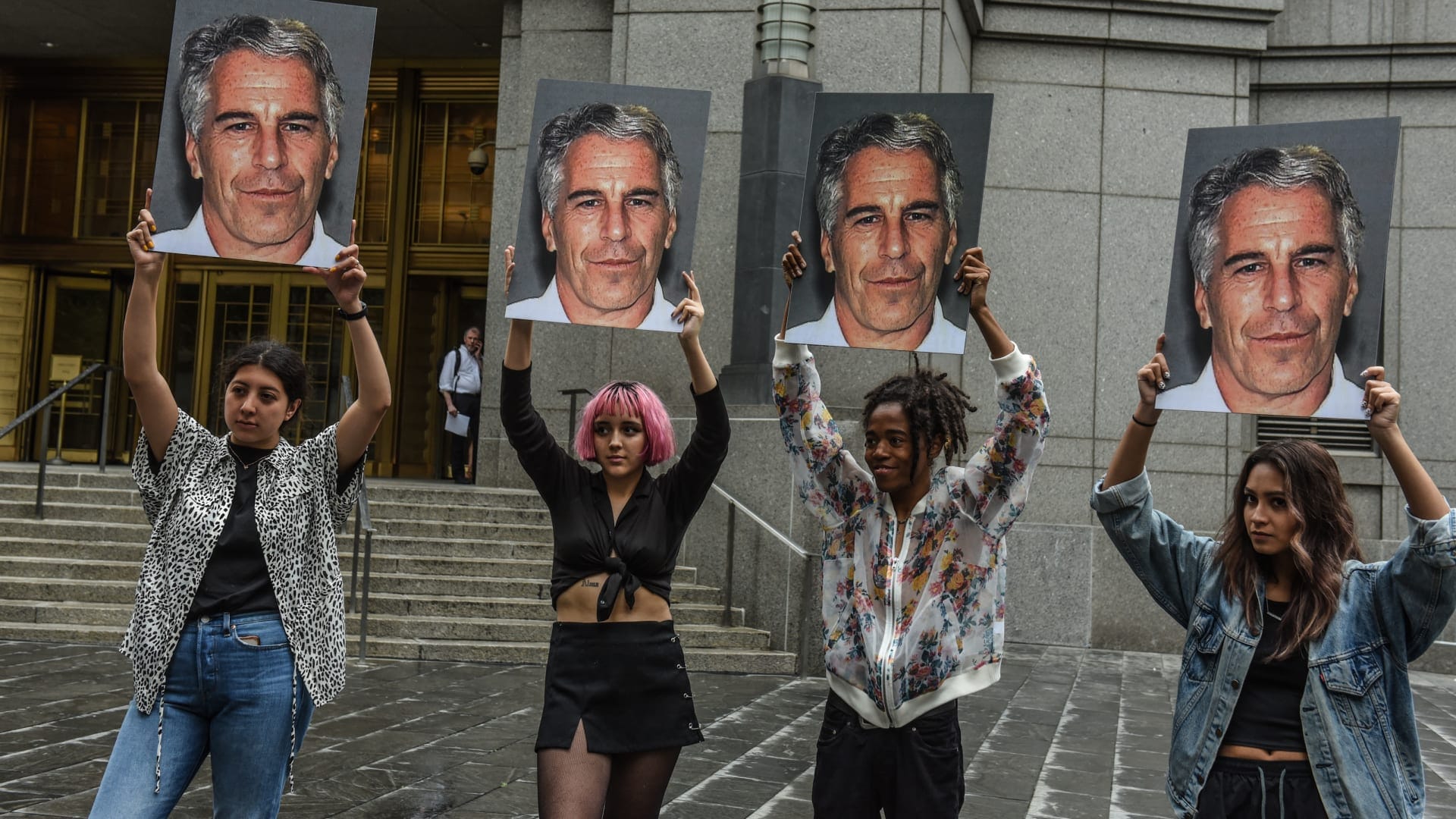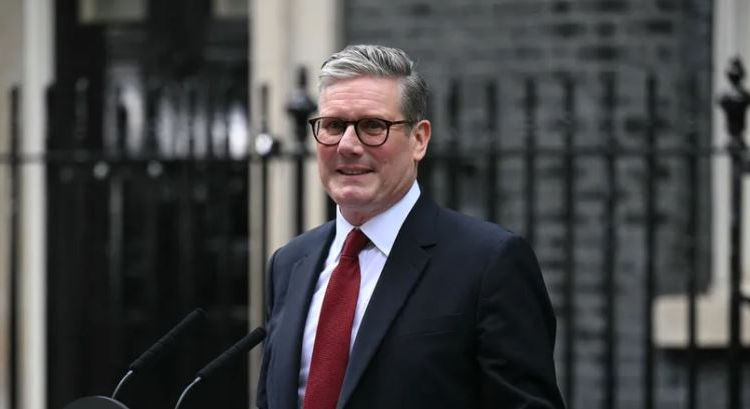Iran News: Arrest of Cleric in Saudi Arabia Highlights Hypocrisy and Fragility of Tehran’s Regional Posture

The arrest of Gholamreza Ghasemian—an influential Iranian cleric with ties to Supreme Leader Ali Khamenei’s inner circle—by Saudi authorities during the Hajj pilgrimage has exposed not only the regime’s long-standing double standards, but also the fragility of its recent diplomatic overtures toward Riyadh.
According to multiple Iranian state media reports, Ghasemian was detained while performing Hajj after a video circulated online in which he harshly criticized the Saudi government. In the clip, he compared Mecca and Medina to sites of immorality, accused the Kingdom of reverting to “Umayyad factory settings,” and warned pilgrims not to be deceived by what he called superficial diplomacy.
Though no official reason has been given by Riyadh, speculation is widespread that the cleric’s arrest was directly linked to this inflammatory video.
Ghasemian is no ordinary cleric. Once known as the “Nightingale of Ghalibaf” for his religious singing, including before the regime’s Supreme Leader Ali Khamenei, he was a prominent figure in regime media and a vocal advocate of hardline social policies such as polygamy. He was also involved in controversial social programs that allegedly worked with sex workers under state-backed religious frameworks—an irony that did not go unnoticed after his moralistic attack on Saudi Arabia.
Perhaps most significantly, Ghasemian was present at rallies that escalated into the 2011 and 2016 attacks on the British and Saudi embassies in Tehran—incidents that severely damaged the regime’s ties with both countries. Now, with relations only recently restored under a China-brokered agreement in 2023, his arrest threatens to unravel the thin thread of diplomacy that the regime is struggling to maintain.
Yet Tehran’s reaction has been surprisingly deferential. Judiciary spokesman Asghar Jahangir described the arrest as “unjustified and illegal,” while Abdul-Fattah Navab, Khamenei’s representative in Hajj affairs, downplayed Ghasemian’s remarks as “personal opinion” and appealed for his release in the name of Quranic service.
Most revealing, however, was a statement by the regime’s Foreign Minister Abbas Araghchi, who praised Saudi Arabia’s handling of Hajj and emphasized Iran’s commitment to preserving “brotherly relations.” His remarks, entirely devoid of protest, underscored Tehran’s reluctance to jeopardize a rapprochement it can ill afford to lose.
This incident is not without precedent. In May 2024, Saudi authorities expelled a group of Iranian media operatives linked to Khamenei’s office for unauthorized filming in Medina—an act widely viewed as part of Tehran’s pattern of using religious pilgrimages for political messaging or covert activity. The expulsion came shortly after the Supreme Leader labeled this year’s Hajj a “Hajj of repudiation,” echoing rhetoric reminiscent of the 1987 Mecca clashes that left hundreds dead.
The recent episode reveals a familiar contradiction: a regime that routinely provokes regional unrest through aggressive posturing now finds itself silencing its own voices to protect delicate foreign ties. If diplomatic relations with Riyadh are strained by this incident—as some observers warn—the regime will have only itself to blame, caught once again between its confrontational legacy and its desperate need for pretending regional legitimacy.





